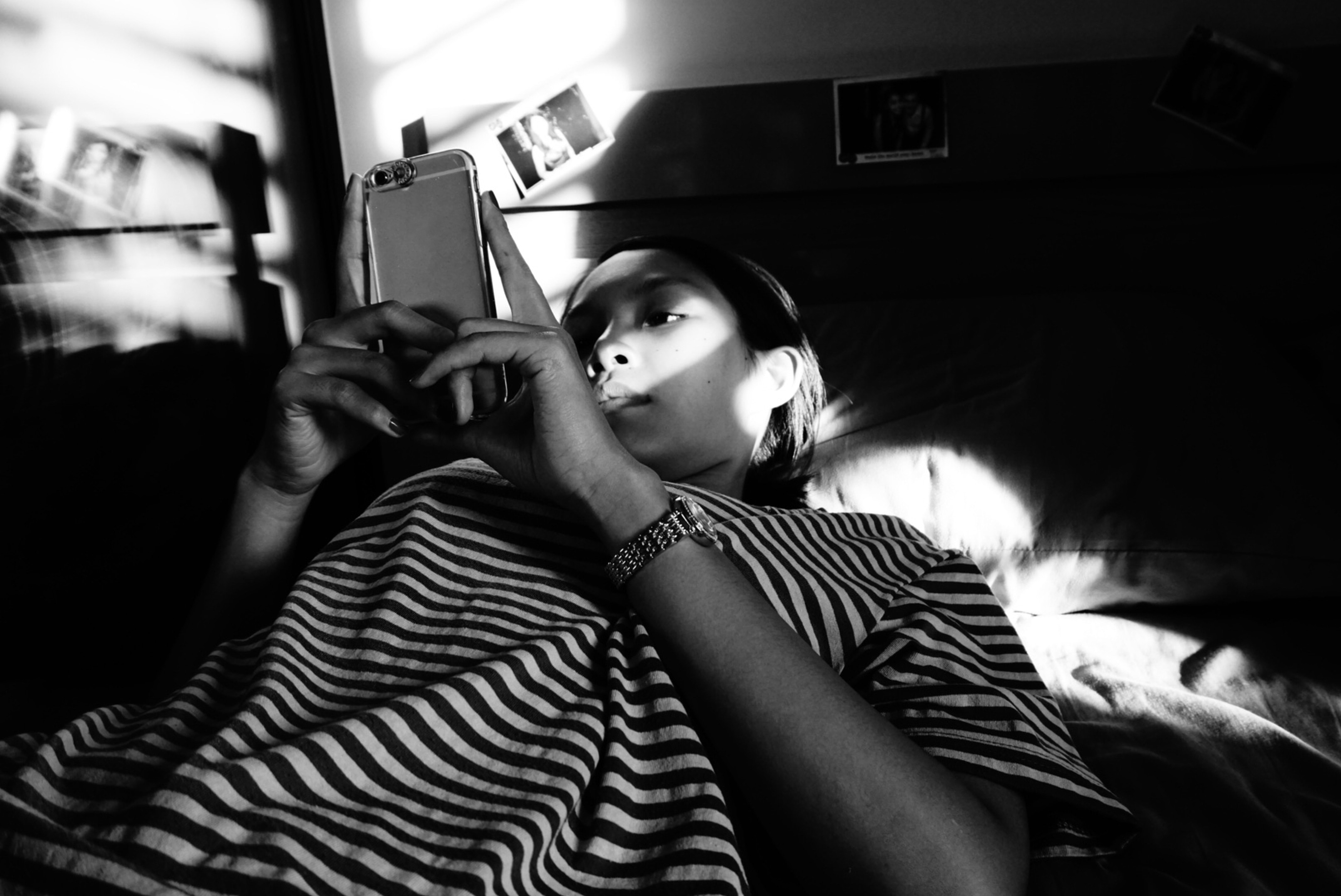
I know what you’re thinking, and the answer is no.
But I’ll get to that in a second, first I want to tell you a little story.
Once upon a time in a far away land called the early 90’s, there was no internet and no Netflix, and when people felt like %$## they actually had to figure out what to do with their feelings.
When listening to The Cure while drinking heavily branded wine coolers didn’t work, sometimes people picked up their chunky cordless phones and called a hotline. (Excuse you, not that kind of hotline, the helpful-listening kind.)
It was anonymous, it was free, and most importantly, it made people feel a little better. But then this thing called the world wide web was invented.
Now of course, the internet is obviously an amazing resource for support, but sometimes you just need to speak to an actual human.
True…Then what happened?
Well, unlike caller ID boxes, ‘the Rachel’ haircut, and going to one swing dancing class then claiming it as your hobby for the next 3 years, a few little gems did actually survive the 90’s and are still alive and well today.
You’re one of them, 24/7 helplines are another. (Now my story is over, so here comes the aforementioned part):
I know what you’re thinking, and the answer is no.
No, you don’t have to be feeling suicidal to use a hotline, not at all. They’re there for whatever you want to talk about that’s genuinely upsetting you.
Can’t stop thinking about your ex and too embarrassed to text your friends about it?
HOTLINE.
Did you just view 12 apartments that were all blatantly sketchy and your stress about moving is growing by the second?
HOTLINE.
Have you been kind of out of it lately, not really feeling like yourself, not really sure why?
HOTLINE.
Did you just have a baby and you’ve been in the house for 9 days without adult conversation?
HOTLINE.
Are you an entrepreneur or lawyer?
HOTLINE.
Right this second, there are thousands of people who are ready to pick up and listen to absolutely anything you want to talk about. No cost, no catches.
If you think it’s lame or weird to use a hotline for support, it’s not.
*Reminder: it’s perfectly natural and normal for humans to want to talk to other humans about life.*
(And even if it’s still weird to you for whatever reason, no one ever has to know about it, it’s anonymous, so don’t overthink it.)
These numbers are also incredibly helpful to have when a friend or loved one (or, perhaps, a friend you love) is in need of a listening ear and you can’t sit on the phone with them regularly. Know any new parents or a caregiver for someone who’s chronically ill? Preemptively sending the specific numbers below is a fabulous way to show you care and offer some real help. It goes like this, “You may or may not be interested, sending along this number you can call day or night for those moments when you just need to talk it out. It’s for (anyone/new parents/caregivers/people stuck in difficult relationships/etc.) Love you!” Say it however you like, but do say it.
Ok, is your phone charged?
For blah moments that could get messy fast: 1-800-273-TALK (8255)
For caregivers to someone who is chronically ill: 1-800-829-2734
For parenting support: 1-800-4-A-CHILD
For victims of domestic violence: 1-800-799-7233
For crisis moments or if you’re feeling suicidal: If you’re in a crisis, call 911. A good way to gauge whether it’s a crisis or not is to ask yourself if you trust yourself to make safe choices for the next 24 hours. If you’re still not sure, call 1-800-273-TALK.
Need more resources? I gotcha covered. Now take a deep breath, and another. One step at a time.
For more of Katherine’s work, follow her on Instagram and get on board with her monthly newsletter, it’s the newsletter everyone joins and then says, “WHY DIDN’T ANYONE TELL ME ABOUT THIS SOONER?!” (You’ll see.)

